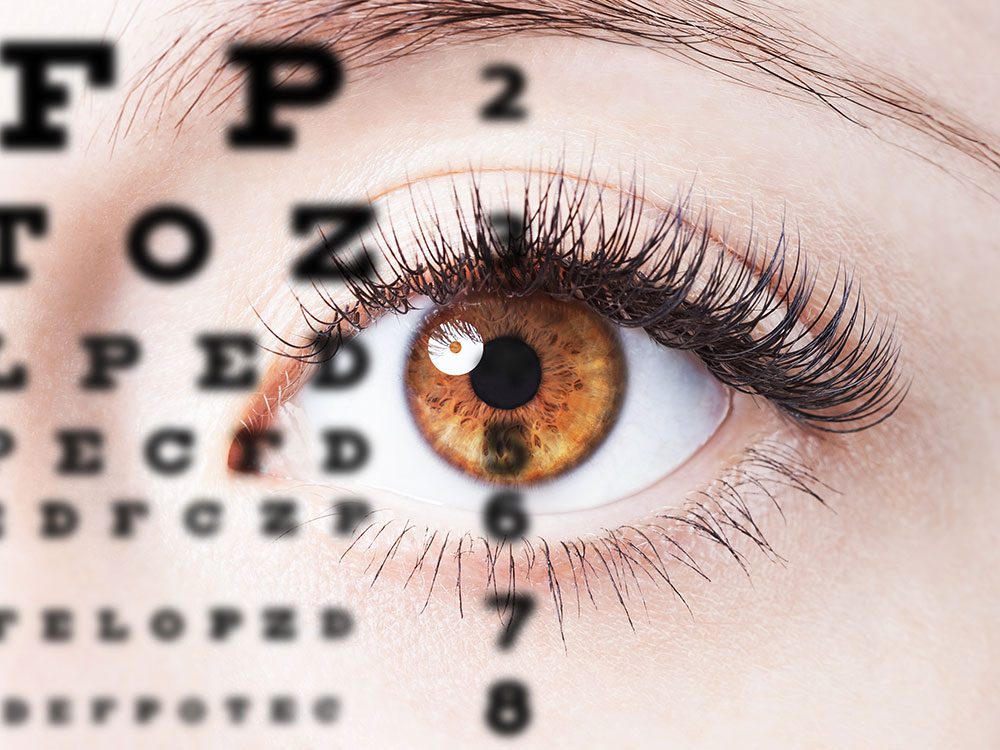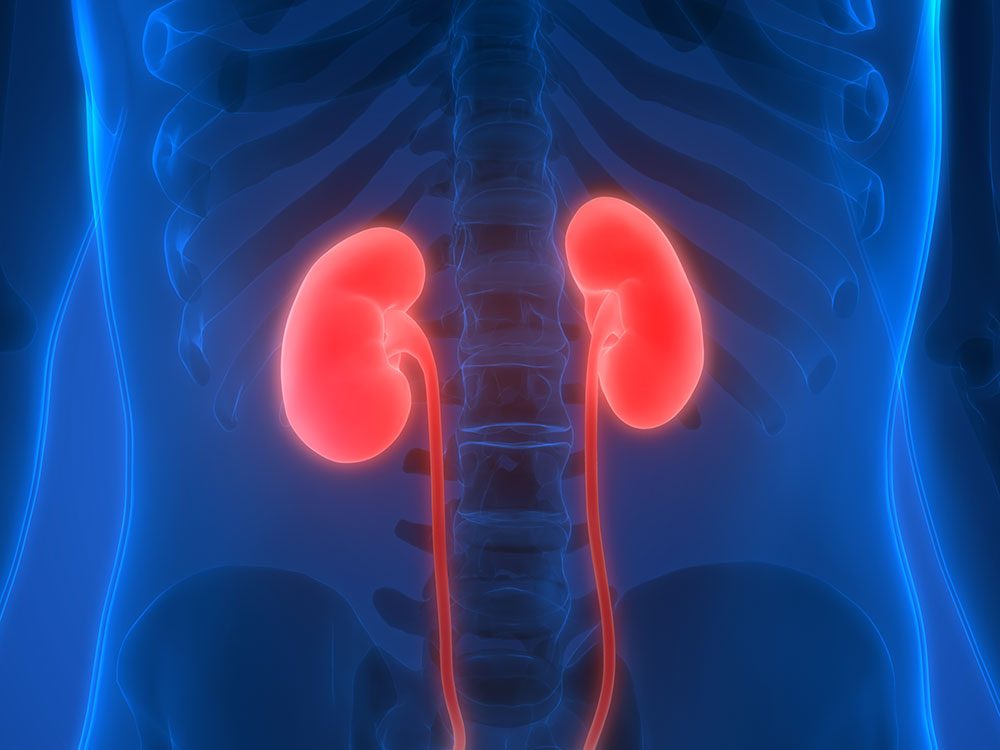
Would You Recognize these Diabetes Symptoms?
The government of Canada estimates that 60,000 new cases of type 2 diabetes crop up every year, making it one of the country’s fastest-growing diseases. Yet many people don’t realize that diabetes symptoms extend far beyond feelings of occasional sluggishness.
Diabetes occurs when the body doesn’t produce enough (or can’t effectively use) insulin to transport energy-providing glucose. In type 1 diabetes, which usually develops in childhood, your pancreas doesn’t generate any of the hormone. In type 2—which usually develops after age 40 and accounts for roughly 90 per cent of all diabetes cases—your body makes too little insulin, or your cells become resistant to it. All these scenarios allow glucose to build up in the blood, which can lead to serious consequences.
Type 2 diabetes can result from obesity and a poor diet combined with a sedentary lifestyle, or due to genetics and environmental factors. Dr. Jan Hux, chief science officer at the Canadian Diabetes Association, says in most cases it’s a progressive disease that requires medication to manage its numerous risks.
If you have the condition, here are diabetes symptoms and side-effects you should look out for.

Heart and Stroke
A buildup of glucose is hazardous to your vascular system. In extreme cases, blocked arteries can lead to heart attacks or strokes; according to the Canadian Diabetes Association, those with the condition can develop heart disease 10 to 15 years earlier than the general population.

Eyes and Ears
High blood-sugar levels can have significant effects on smaller blood vessels. For example, this can cause overgrowth and potential bursting of vessels behind the eye, near the retina, which is why diabetes is a leading cause of blindness.
High blood pressure can pose a similar risk in your ear canal. While the precise cause isn’t yet known, the American Diabetes Association reports that diabetics are twice as likely as non-diabetics to suffer hearing loss.

Kidneys
Diabetes symptoms also extend to the vessels in your kidneys, limiting their ability to clean your blood. Up to 50 per cent of Canadians living with diabetes experience extreme damage to these organs, and many of them require ongoing dialysis, says Hux.
Check out these Helpful Hints for Preventing Kidney Stones!

Nerves
Another diabetes symptom is nerve damage, resulting in a loss of sensation in parts of your body. Diabetes patients must be vigilant about their feet, as numbness in the area can spell major health problems. Unnoticed and untreated, the smallest cut or abrasion can become infected and even lead to gangrene. “What started with a pebble in your shoe could one day lead to the amputation of your leg,” says Hux.

Skin
Type 2 diabetes can also reduce blood flow to the skin, which can lead to a host of visible symptoms, from a dry, flaky epidermis to cuts that are slow to heal.

Psyche
Managing the potential effects outlined above can take a psychological toll on people—“diabetes distress,” in Hux’s words. “Every day, diabetes robs them of something—happiness or a sense of their future,” she says.
Diabetics who experience feelings of anxiety or depression are encouraged to speak to their family physician about psychotherapy and antidepressants. According to the Canadian Diabetes Association, these measures “have positive effects on both mood and blood-glucose management.”
Though all these signs of diabetes may sound daunting, those living with type 2 diabetes have cause for optimism: the condition can often be managed with exercise and a more moderate diet.
Learn more about how to recognize the Silent Signs of Diabetes.